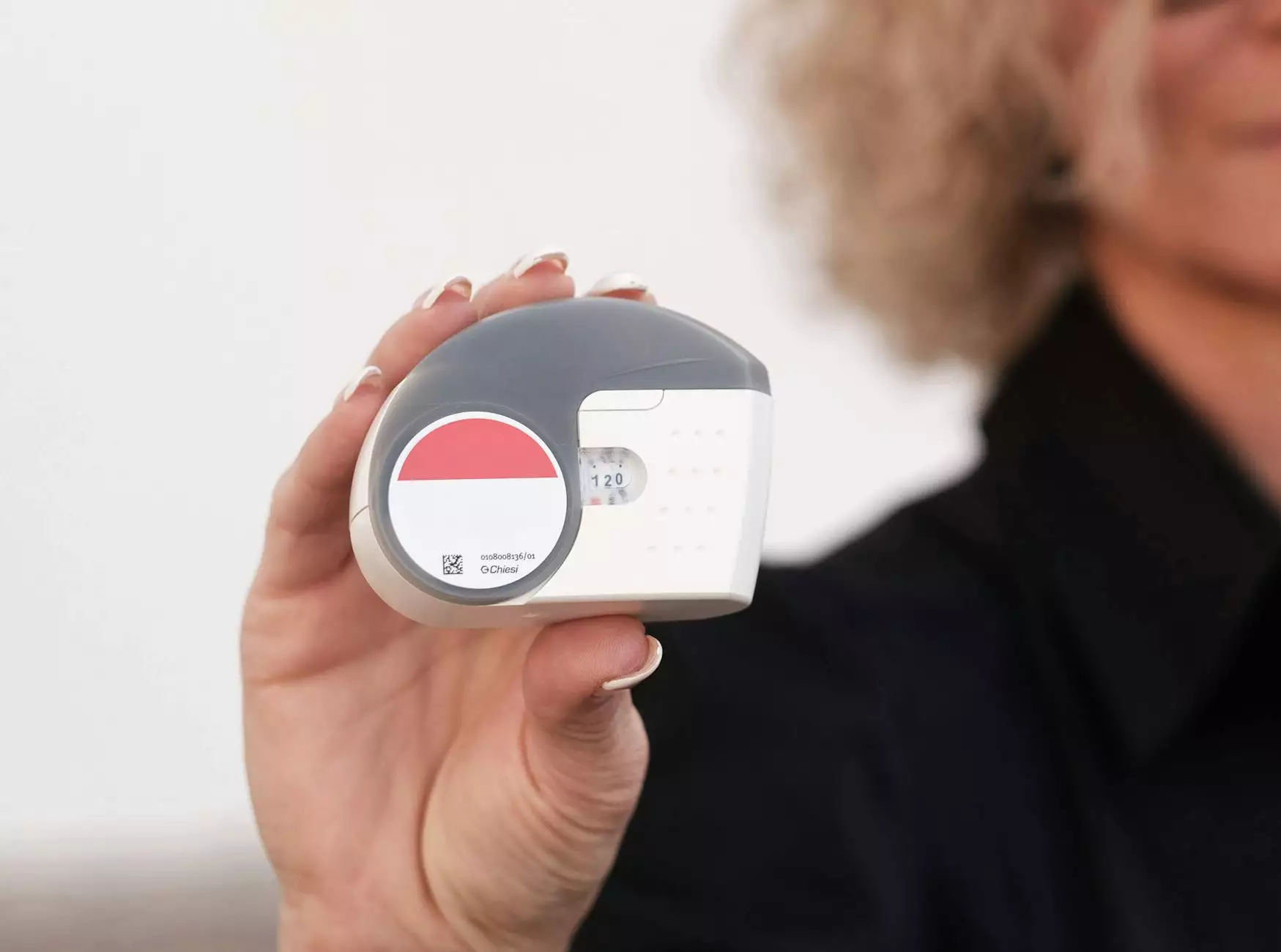Unlocking Business Potential with Charcoal Coconut Shell: Sustainable Solutions for Timber and Wood Suppliers

In today's rapidly evolving marketplace, the drive towards sustainable and eco-friendly business practices is more critical than ever. Charcoal coconut shell has emerged as a game-changing material, offering numerous benefits for timber merchants, wood suppliers, and related industries. This comprehensive guide delves into how this versatile byproduct can revolutionize your business, enhance sustainability, and position you as a leader in environmentally-conscious operations.
Understanding the Value of Charcoal Coconut Shell in the Wood Industry
At its core, charcoal coconut shell is produced from the hard shells of coconuts, which are a byproduct of coconut processing and consumption. Traditionally discarded or burned as waste, these shells are now being transformed into high-quality charcoal, providing an innovative resource for various manufacturing and commercial applications. This not only reduces waste but also promotes a circular economy within the timber and wood supply sectors.
The Environmental Advantages of Using Charcoal Coconut Shell
One of the most compelling reasons for incorporating charcoal coconut shell into your business is its significant environmental benefits:
- Sustainable Resource Utilization: Coconut shells are abundant and renewable, making them an ideal raw material for eco-friendly production.
- Low Carbon Footprint: Producing charcoal from coconut shells requires less energy compared to traditional charcoal sources, reducing greenhouse gas emissions.
- Waste Reduction: Utilizing coconut shells prevents them from being discarded in landfills or burned openly, which can cause pollution.
- Carbon Sequestration: Charcoal derived from coconut shells can act as a carbon sink, helping mitigate climate change impacts.
Why Charcoal Coconut Shell Is a Superior Choice for Industrial Use
Compared to other charcoal variants, charcoal coconut shell boasts several qualities that make it highly desirable for business applications, particularly within the timber and wood supply industries:
- High Carbon Content: Provides excellent calorific value, making it efficient for cooking, heating, and industrial processes.
- Low Ash Content: Ensures cleaner combustion and reduces maintenance needs for equipment.
- Durability and Consistency: Offers uniform size and quality, essential for industrial scale applications.
- Eco-Friendly Production Process: Its manufacturing process aligns with sustainable development goals.
The Benefits of Incorporating Charcoal Coconut Shell into Your Business
For timber merchants and wood suppliers seeking to diversify and elevate their offerings, integrating charcoal coconut shell can lead to a multitude of advantages:
- Enhanced Product Portfolio: Providing eco-friendly charcoal options can attract environmentally conscious consumers and clients.
- Cost Efficiency: Using waste coconut shells reduces raw material costs and adds value to byproducts.
- Market Differentiation: Positioning your brand as a pioneer in sustainable practices sets you apart from competitors.
- Regulatory Compliance: Meeting environmental standards and regulations becomes easier with sustainable materials.
- Long-term Business Sustainability: Investing in renewable resources ensures the resilience of your supply chain.
Applications of Charcoal Coconut Shell in the Timber and Wood Industries
The versatility of charcoal coconut shell extends into numerous industrial applications, particularly within businesses involved in timber, veneer, and wood product manufacturing:
1. Eco-Friendly Fuel Source
Most commonly, coconut shell charcoal serves as a potent and cleaner-burning fuel, ideal for heating processes in sawmills, furniture manufacturing, and other wood treatment facilities.
2. Carbonized Material for Activated Carbon Production
Charcoal from coconut shells is used to produce activated carbon, which is highly effective in purification, filtration, and odor control for wood processing facilities.
3. Raw Material for Charcoal Briquettes
Compressed into briquettes, coconut shell charcoal offers a sustainable alternative to traditional charcoal in industrial applications and consumer markets.
4. Soil Enrichment and Agro-Industry Uses
Biochar derived from coconut shells can enhance soil quality, supporting sustainable forestry practices and organic farming related to timber production.
Steps to Incorporate Charcoal Coconut Shell into Your Business
To successfully leverage the benefits of charcoal coconut shell, consider the following strategies:
- Source Reliable Suppliers: Partner with experienced coconut shell charcoal producers who adhere to eco-friendly manufacturing standards.
- Evaluate Product Quality: Ensure the charcoal meets industry standards for calorific value, ash content, and consistency.
- Develop Customer Awareness: Educate your clients regarding the environmental and economic benefits of using coconut shell charcoal.
- Integrate into Product Offerings: Include coconut shell charcoal in your product catalog as a sustainable alternative for various applications.
- Promote Sustainability Credentials: Highlight your commitment to environmental stewardship to attract eco-conscious buyers.
The Future of Business with Charcoal Coconut Shell
The global emphasis on sustainability, renewable resources, and environmentally friendly manufacturing is expected to propel the demand for charcoal coconut shell even further. For timber and wood companies, adopting this material aligns with future industry trends and consumer preferences.
By integrating coconut shell charcoal into your supply chain, your business can:
- Reduce environmental impact
- Expand market share
- Enhance brand reputation
- Tap into emerging eco-friendly markets
- Contribute to global sustainability goals
Concluding Thoughts: Embrace the Power of Coconut Shell Charcoal
In a competitive and environmentally conscious business landscape, the adoption of charcoal coconut shell is not just a trend but a strategic move towards sustainable growth. It offers a multitude of benefits—from cost savings and waste reduction to market differentiation and environmental impact mitigation. Timber merchants and wood suppliers seeking to innovate and stay ahead should consider integrating coconut shell charcoal into their operations.
Partnering with trusted suppliers like starytimbersro.com can provide access to premium-quality coconut shell charcoal tailored for your specific needs. Embrace this eco-friendly resource today and lead your business into a sustainable, profitable future.









